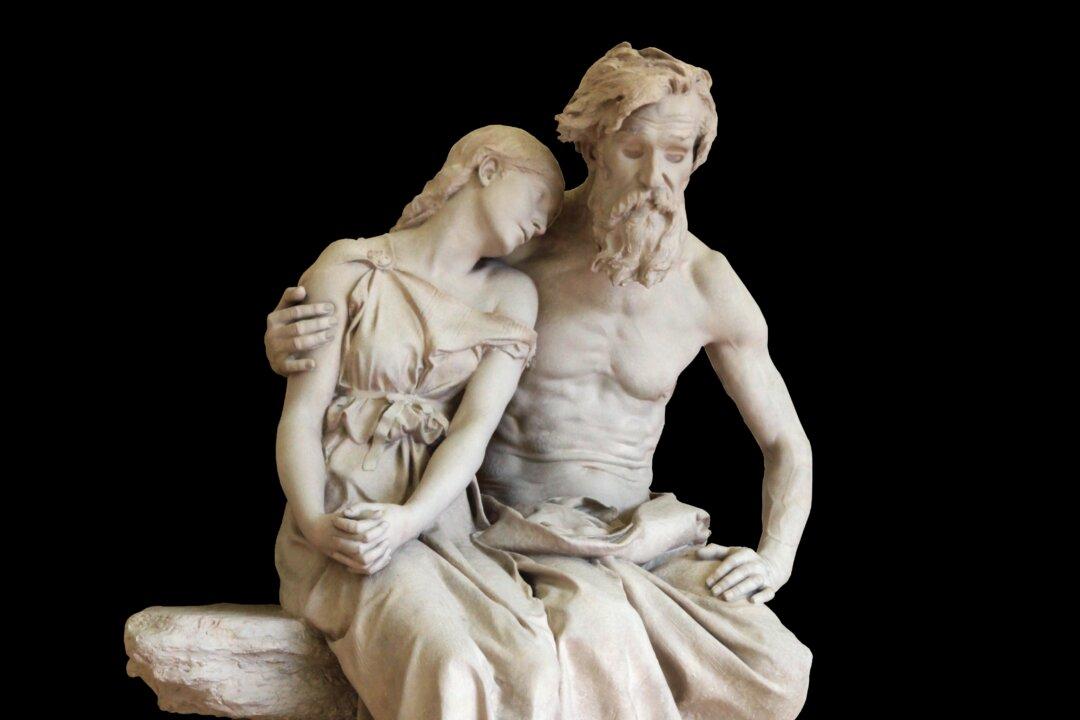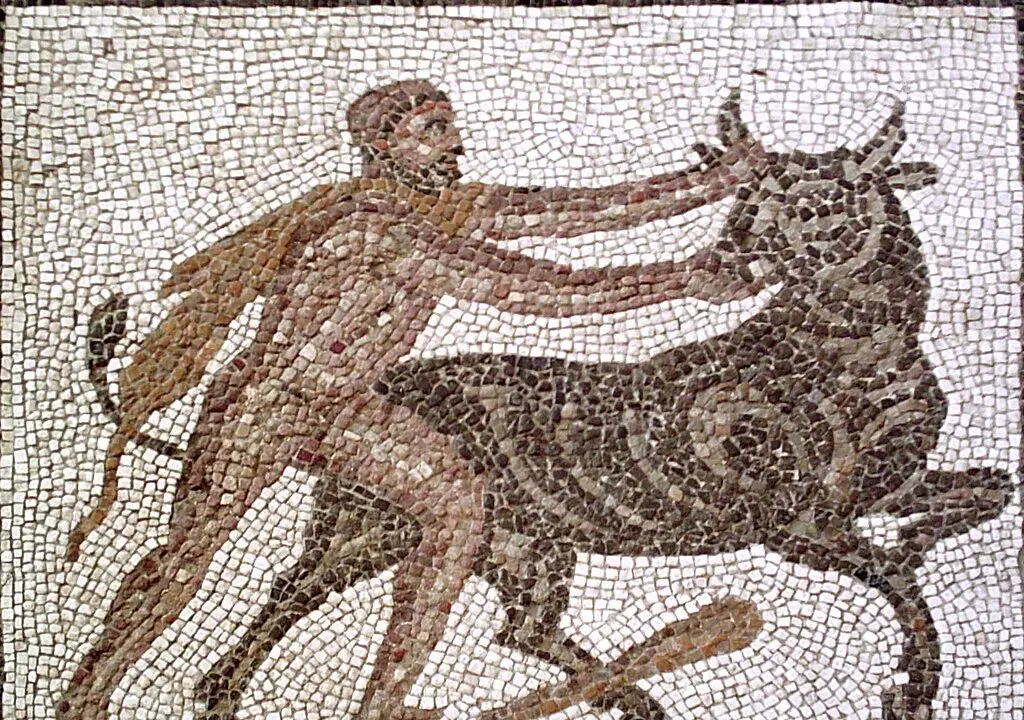Oedipus is one of the greatest heroes of Greek mythology—immortalized in what is generally considered the greatest of all Greek dramas, “Oedipus Rex” by Sophocles. But a moment’s reflection will reveal that he is a hero unlike most of the other heroes of ancient Greece: He did not possess the strength and power of a Herakles or Theseus, or the wily warrior skills of Odysseus, or even the poetry and singing skills of Orpheus who descended more deeply into Hades even than Herakles. In what way, then, was he a hero?
Well, he was a hero in that he overcame a monster, the Sphinx, but this was not through strength or wiles: It was through insight and intelligence. By Oedipus answering the Sphinx’s riddle correctly, the Sphinx despairs and kills herself. And this is worth noticing, for here is the first clue as to why Oedipus is a hero: Escaping is the very thing that he refuses to do. As we will see, Oedipus when faced with his crimes does not give up. He relentlessly seeks, and unflinchingly faces, the truth, and then he takes the consequences.






